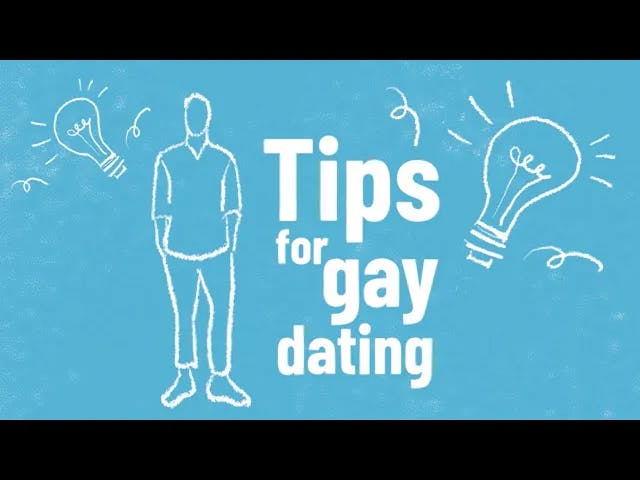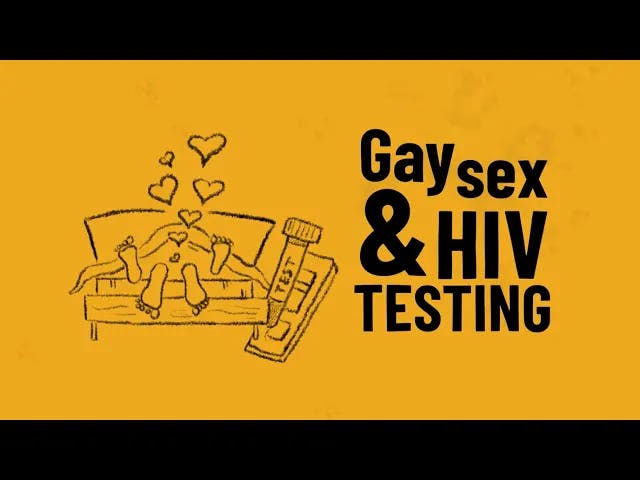How can I prepare to talk to a doctor about sexual health?
Talking to a doctor about sexual health can feel embarrassing, and you may feel especially worried if you think they will judge you for having sex with other men. But doctors are there to look after your health, and that includes your sexual health. Whatever your issue, they will have dealt with it before.
Here are some things you can do to help you get ready to speak to a doctor:
- Work out what you want to say (either on your own or with someone you trust).
- Do some research. This is really important if there are different options available (for example, if you want to know about different HIV prevention options).
- Come with questions. You may want to write them down so you don’t forget them.
- Take something to make notes. This is much better than trying to remember everything.
There’s more ideas for questions you may want to ask a healthcare provider on our page on talking to a doctor about HIV and sexual health.
How do I talk about sexual health concerns?
With most healthcare professionals, honesty is the best policy.
This means being honest if you have had unprotected sex. And if you have symptoms you think might be an STI, it means being honest about all of them and how long you have been getting them for. This will help the doctor work out what tests or treatments you need.
Don’t be afraid to ask anything you want to, even questions that feel embarrassing or stupid. The most important thing is that you understand what the doctor is telling you.
It’s also fine to say you feel embarrassed. It might make you feel better. And the doctor might make an extra effort to put you at ease.
The only time you may want to do something different from this is if you are being treated badly because of your sexuality. In which case, find a different doctor or clinic.
How do I set boundaries at sexual health clinics?
Doctors and nurses are trained to deal with sexual health. If they are professionals, they will not judge or laugh at you. And they should also keep all of your information private.
If you do experience judgement or mocking, or your privacy is not respected, then leave the situation and make an appointment with a different healthcare professional. You can ask to see someone at the same facility or go to another one. And you have the right to make a complaint if you want to.
If you are really struggling to find a health professional you trust, try an anonymous helpline or online forum. They should be able to connect you with a clinic that will treat you well.
Visit our page on how to talk to a doctor about HIV and sexual health for more advice.
Are you working in the HIV response?


